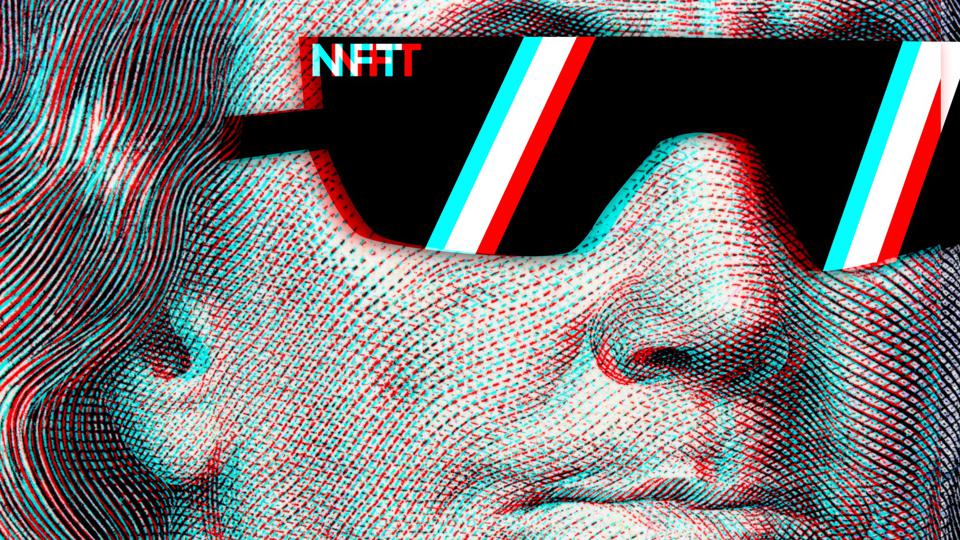The music industry has long been plagued by issues of copyright infringement, unfair payment structures, and lack of transparency. But with the rise of blockchain technology and non-fungible tokens (NFTs), there is potential for significant changes in the industry. In this article, we will explore how NFTs are being used in the music industry and how they could transform the way music is created, distributed, and monetized.
What are NFTs?
Non-fungible tokens (NFTs) are unique digital assets that are stored on a blockchain. They can be used to represent anything that has value, such as artwork, collectibles, and even music. Because they are stored on a blockchain, NFTs are secure and transparent, allowing for ownership and authenticity to be easily verified.
NFTs in Music
NFTs are starting to gain traction in the music industry, with musicians and record labels experimenting with NFTs as a way to monetize their music and provide fans with unique experiences. For example, Kings of Leon released their latest album as an NFT, allowing fans to purchase the album as a digital collectible that also granted them access to exclusive content and perks.
Benefits of NFTs in Music
NFTs offer several benefits to musicians and fans alike. For musicians, NFTs provide a new revenue stream and allow them to maintain ownership and control over their music. For fans, NFTs provide a unique and valuable experience, as they can own a piece of their favorite artist’s work and potentially benefit from future resale value.
Challenges of NFTs in Music
There are also challenges to the adoption of NFTs in the music industry. One challenge is the complexity of the technology, which may make it difficult for some artists and fans to understand and use. Additionally, there are concerns about the environmental impact of NFTs, as the energy consumption required for blockchain transactions can be significant.
See more about NFTs



